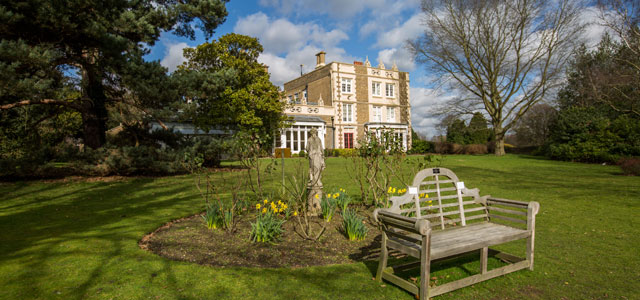The time frame for a sale or purchase of residential property will vary with each transaction and is partly dependent on any other persons in the chain. We will provide you with an estimated time frame at the outset and keep you updated as the transaction progresses. It is usual for a leasehold sale or purchase to take slightly longer due to the complexities which often arise.
Frequently Asked Questions
The Church had until 12 October 2013 to register against properties a notice of Chancel Repair Liability, i.e. the Church can claim against property owners for a contribution towards the upkeep and maintenance costs of Parish property.
Since 12 October 2013, we understand that the Church can choose to register a liability against properties, until such time as it is first sold for consideration. If they chose to do so, the liability can be enforced against the property owner at any time in the future.
If your transaction will be the first sale since 12 October 2013 there is a potential liability, as the Church could register the liability at any time prior to registration of your purchase with the Land Registry. Accordingly we will often obtain, as part of our investigation into the title of the property an inexpensive preliminary search, to show whether the property falls within a historical boundary of a Parish which is liable to Chancel Repair claims.
The solicitor acting for you will advise you on this further if you do have any concerns.
Before a date is set for when your sale and/or purchase completes, a contract is signed by both the seller and the buyer agreeing to the sale price. Once all the enquiries and searches have been carried out and everyone has agreed a completion date, the Solicitors for both sellers and buyers in a chain will exchange the signed contracts. From this point on, the seller and buyers in a chain are then committed to completing the sale and/or purchase on the agreed day.
On the day of completion, your solicitor will check that all is in order to complete and money will be transferred between the buyers and the sellers Solicitors for the balance of the sale price required to purchase a property. Once the seller’s Solicitor has received the funds, they will authorise the buyers to collect the keys to the property. The seller’s Solicitor will also repay any existing mortgage on the property.
This is a tax charged by the government to persons buying a property or transferring a property and receiving some benefit in exchange. There is a sliding scale of Stamp Duty Land Tax (SDLT) charges up to 12% on residential property, which is calculated according to the value of the property you are purchasing.
Property or lease premium or transfer value
SDLT rate
Up to £125,000
Zero
The next £125,000 (the portion from £125,001 to £250,000)
2%
The next £675,000 (the portion from £250,001 to £925,000)
5%
The next £575,000 (the portion from £925,001 to £1.5 million)
10%
The remaining amount (the portion above £1.5 million)
12%
Example:- If you buy a house for £275,000, the SDLT you owe is calculated as follows:
- 0% on the first £125,000 = £0
- 2% on the next £125,000 = £2,500
- 5% on the final £25,000 = £1,250
- Total SDLT = £3,750
The rates are different for non-residential, mixed use and second properties and if you have any concerns on this your solicitor will be able to assist you.
If you already own another property, either in this Country or abroad, and are intending to purchase another property, there is an additional rate of Stamp Duty Land Tax to consider. We recommend you contact your solicitor to discuss this at the outset of the transaction.
Leasehold interests are most commonly associated with flats.
If you are purchasing a leasehold flat, you will own the space allocated to you within the block of flats. The land upon which the flats are built, the building itself and any common areas such as hallways, driveways and gardens are owned by the person who owns the freehold; called the ‘freeholder’.
You will be granted a fixed term lease if you are the first owner of the flat, or you will take over the remaining number of years left on an existing lease. You will be known as the ‘leaseholder’.
Sometimes there will also be a management company who oversees the day to day management of the building and grounds surrounding it.
The leaseholder is usually responsible for keeping the inside of their flat in good repair, but the freeholder is often responsible for the repair of the structure of the building, including the roof and windows and for arranging the buildings insurance for the whole building under one single policy.
The freeholder will often charge the leaseholder what is known as a service charge to pay for the maintenance of the building and the insurance. In addition there will be ground rent payable, which is a payment to the freeholder for the land upon which the flats are built.
Depending on the requirements of any mortgage lender, if your lease has between 70 and 80 years left to run you may wish to consider obtaining a lease extension. This will often be done under procedures laid down by the Leasehold Reform and Urban Development Act 1993. To discuss your lease and options further please give one of our team a call who will be able to assist you.

